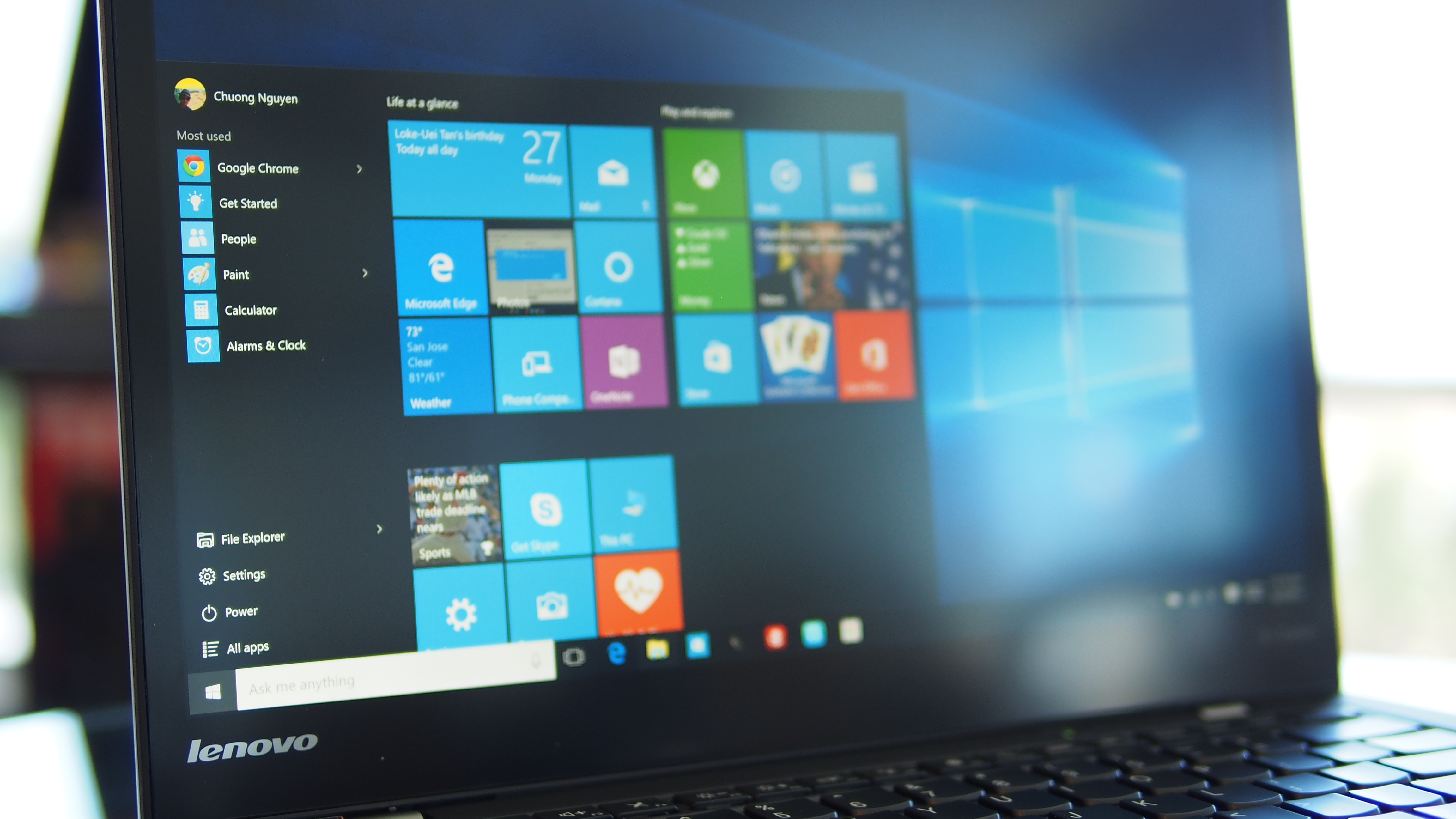Windows 10 goes freemium with paid apps
Microsoft wants you to pony up for more features

There is no such thing as a free lunch. As Microsoft transitions Windows into a service, it is beginning to charge users for more advanced or non-core features of the OS.
The first of two missing Windows 10 features that are now available in the Windows Store as a paid app is the DVD Player. Since many notebook users have transitioned away from optical media in favor of thinner form factors with the rise of Ultrabooks, dropping the DVD Player app may not affect that many users.
If you must have the Microsoft-made app, you can visit the Windows Store now and pay $14.99 (£9, AU$20).
The app, however, is free for anyone upgrading from a Media Center Edition (MCE) of Windows 7, 8 or 8.1 for a limited time, but Microsoft did not specify how long this offer lasts. Windows 10 also dropped the Media Center Edition from PCs. Instead, Microsoft will be building additional living room features into its Xbox One console when the Windows 10 upgrade is available for that device.
We've reached out to Microsoft for clarification if IT administrators will either need to find an alternative solution or spend extra money for the DVD Player app for users working on Windows 10 Enterprise mobile workstations with a Blu-Ray or DVD drive, and we'll update this post with a response.
If you don't want to pony up the cash to Microsoft, there are other free and paid third-party solutions available. We recommend the excellent free VLC software from VideoLan.
Taking a gamble
Solitaire has appeared as a free feature since the early 90s with Windows 3.0, but now Microsoft is taking a freemium approach to the card game. It's still available for free and bundled with Windows 10, but you'll be subjected to ads.
Sign up to the TechRadar Pro newsletter to get all the top news, opinion, features and guidance your business needs to succeed!
If you want more, you can subscribe to the classic card game for $1.49 per month, or $9.99 (£6, AU$13) annually. This gets rid of the pesky ads and gives you more card designs, access to daily challenges and perks like more coins.
Back to productivity
Even though the entertainment features may be missing from Windows 10, Microsoft still includes core productivity apps. Smaller tablets will get access to the new touch-friendly Word, Excel and PowerPoint apps for free, while owners of notebooks, desktops and larger tablets will need an Office 365 subscription to use these new apps. Sway is also available for free as a modern alternative to PowerPoint.
Included for free with Windows 10 are brand new Outlook Mail, Outlook Calendar, People, Maps and Photo Apps. For entertainment, the new Movies & TV app allows you to play back video files, or purchase or rent movies and TV shows from the Windows Store. The Groove Music app is similar, but applies only to music.
Windows as a service
Rather than delivering Windows as packaged software, Microsoft is turning Windows 10 into a service.
"We want to have a direct relationship with the customer," Aaron Woodman, Marketing Director at Microsoft, told TechRadar at the time of the Windows 10 release. This includes regularly updating apps and the Windows experience to bring the latest and best experiences to users, as well as keeping PCs safe with malware protection.
Upgrades to new versions of Windows is not a significant source of revenue for Microsoft, Woodman said, noting that the company would rather increase user loyalty than charge for the upgrade during the first year. Microsoft relies on its OEM licensing for Windows revenue. The strategy is aimed at reducing the barriers to technology.
If that's true, it's unclear why Microsoft would need to charge for the DVD Player or Solitaire.
- Read our first week experience with Windows 10